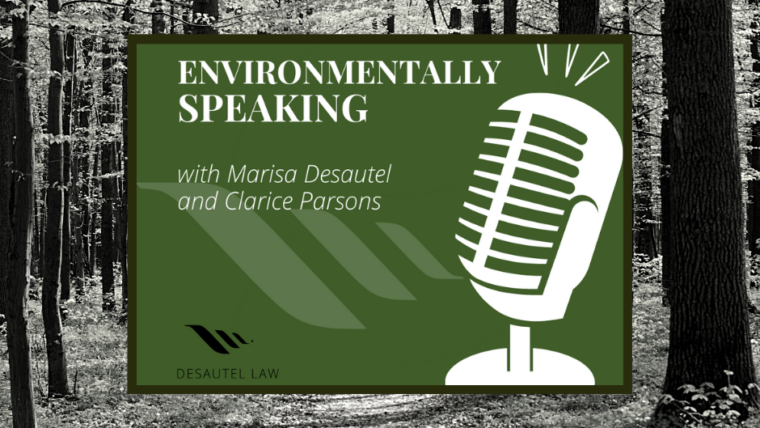A zoning certificate is a determination issued by the local zoning officer as guidance or clarification on local zoning matters. Zoning certificates are requested for various purposes, for example: to legitimize the current use of a property; to determine the permissibility of an intended use; or to obtain a zoning interpretation on actions that do not require a building permit.
Generally, a zoning certificate acknowledges that “a use, structure, building or lot either complies with or is legally nonconforming to the provisions of the municipal zoning ordinance or is an authorized variance or modification therefrom.” See RIGL 45-24-31(71) Definitions. Required fees for zoning certificates typically range from $25 to $30.
By law, once requested, a zoning officer must “issue a zoning certificate or provide information to the requesting party” as to the zoning official’s interpretation within 15 days. RIGL 45-24-54. If no written response is received within that time, the requesting party can appeal to the board of review.
What isn’t a zoning certificate? A zoning certificate is not a building permit. It is not an authorization to do work without the issuance of proper permits. It’s also NOT binding and it cannot be appealed. It can also be revoked. Rhode Island Courts have consistently held that such revocation does not rise to the level of a “gross abuse of power” under equal protection. Pawtucket transfer Operations, LLC v. Cit of Pawtucket, 539 F.Supp. 2d 513 (D.R.I. 2008).
A recent case entitled: Asa Davis III v. Town of Exeter Zoning Board of Review, C.A. No. WC-2022-0115 (Sup. Ct. 2024), the Superior Court made clear that there is no intent to revisit this issue. Asa Davis appealed a revocation of his zoning certificate issued by the Town of Exeter. The court found that there was substantial evidence supporting the ZBR’s decision to do so, despite Davis’s claims that it violated his rights to procedural due process and equal protection.
The legal impact of a zoning certificate in Rhode Island can be significant as it acknowledges that a use, structure, building, or lot either complies with or is legally nonconforming to the zoning ordinance. Legally, zoning certificates serve as the only means to obtain official acknowledgment of compliance with zoning regulations. For this reason, their absence, inaccuracy, or revocation can have implications on financing, conveying, and development.
Zoning certificates are issued by the zoning enforcement officer, as required in the zoning ordinance and state law. A zoning officer is usually the person charged with interpreting and enforcing the local zoning ordinance, and state law is clear that any reviewing body on appeal should give deference to a local official interpreting their own ordinance. Since this is the case, would it make more sense for zoning certificates to be binding or at least appealable?
[1] Section 45-23-67(d) governs the standard of review to be utilized by the zoning board when sitting as a board of appeal, providing:“[I]n instances of a board of appeal’s review of an administrative officer’s decision on matters subject to this chapter, the board of appeal shall not substitute its own judgment for that of the administrative officer but must consider the issue upon the findings and record of the administrative officer…”
[1] “The court shall not substitute its judgment for that of the planning board as to the weight of the evidence on questions of fact.” Section45-23-71(d).

